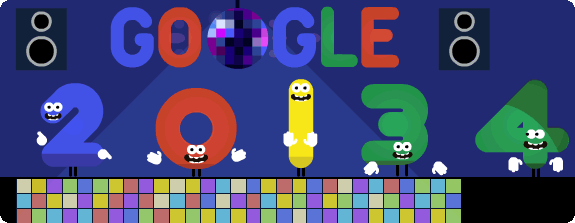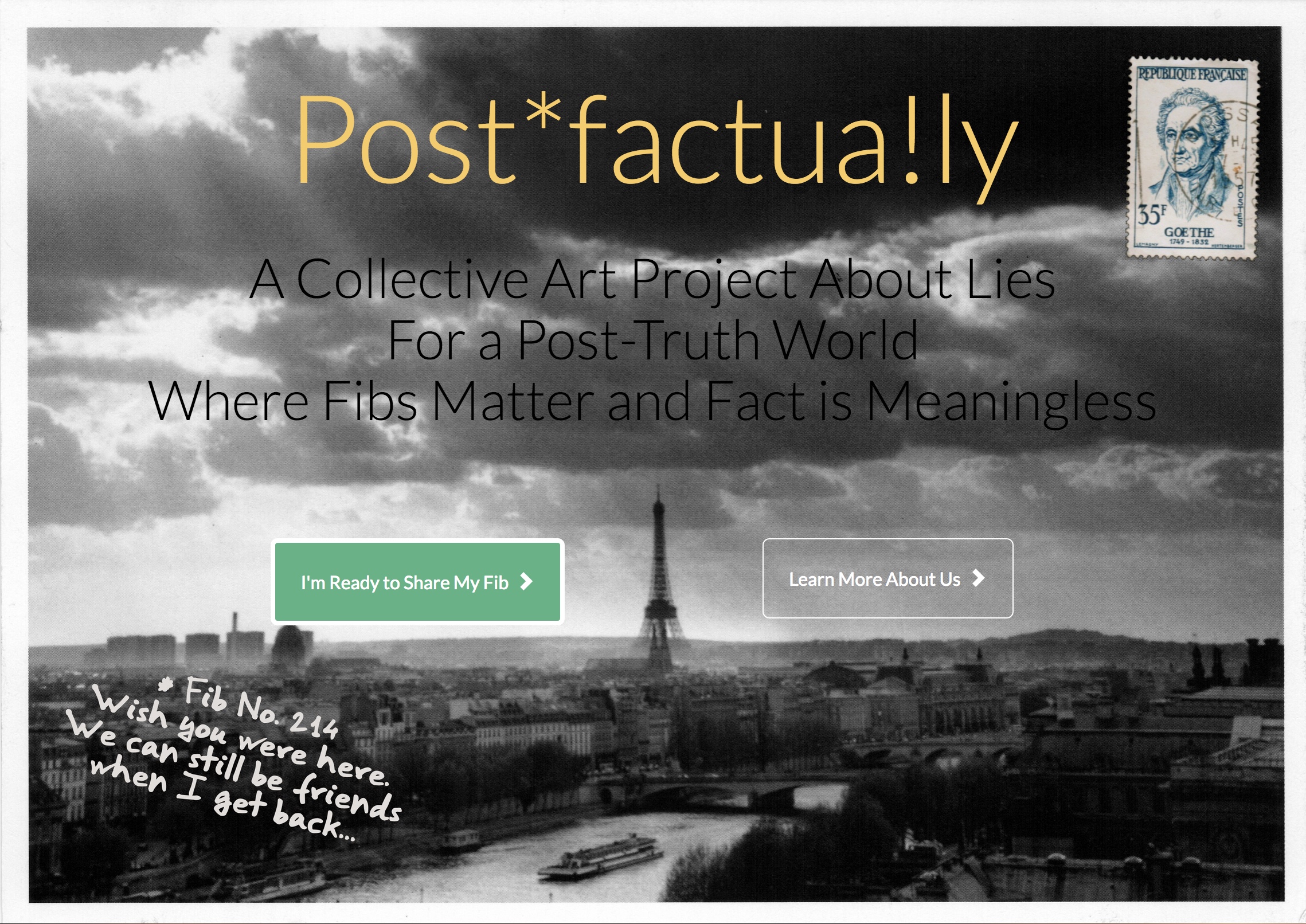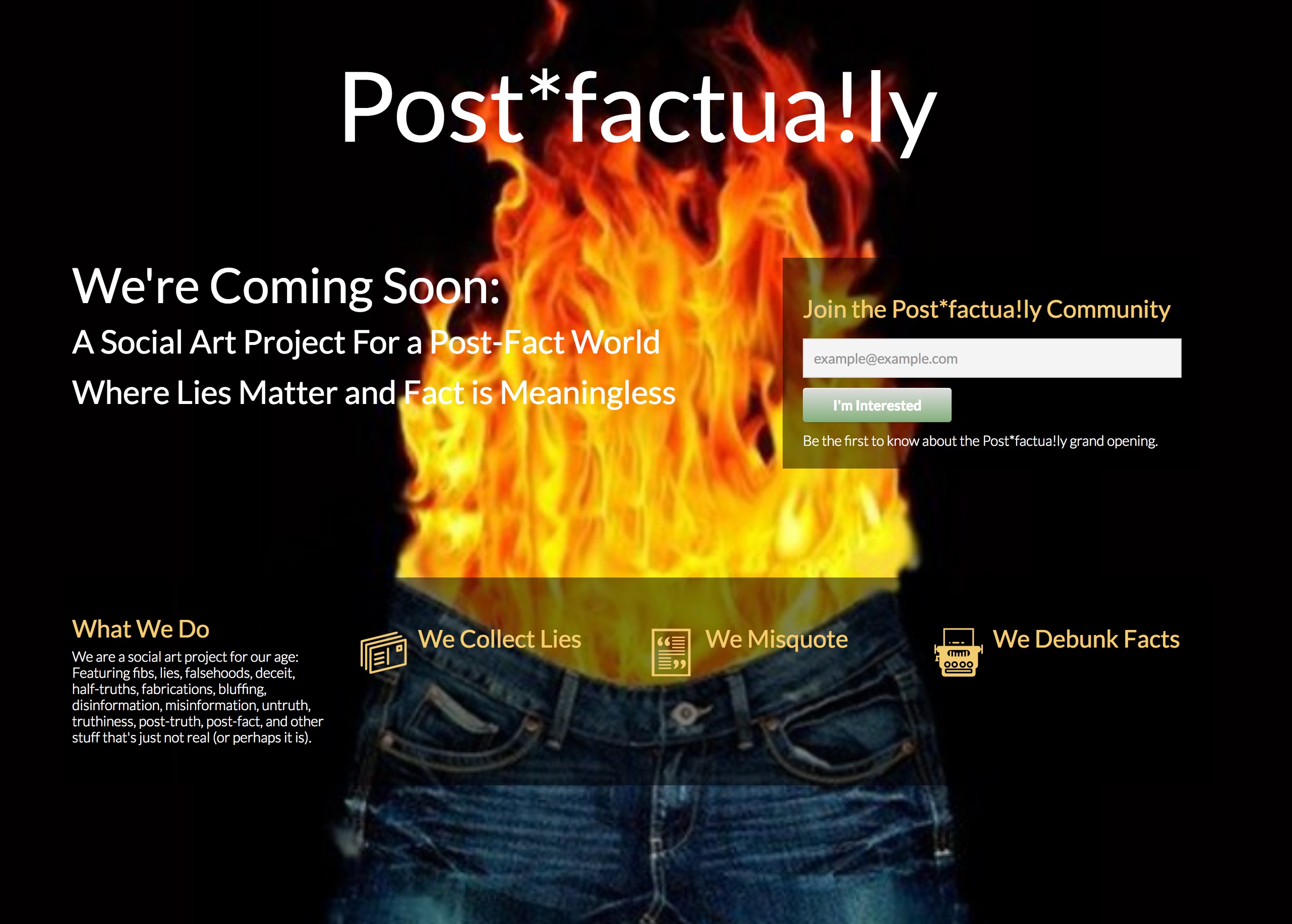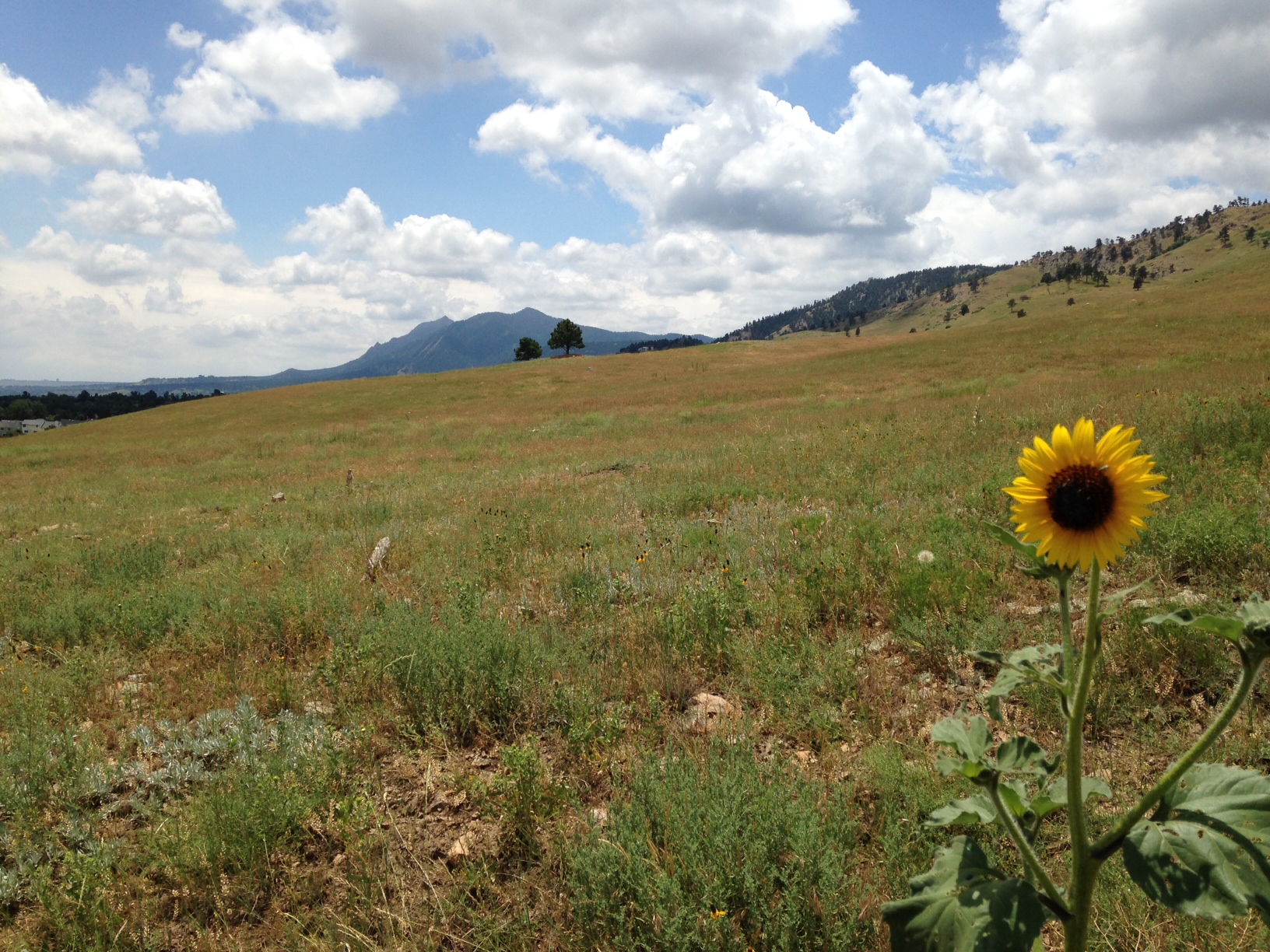
Over the closing days of each year, or the first few days of the coming one, prognosticators the world over tell us about the future. Yet, while no one, to date, has yet been proven to have prescient skills — despite what your psychic tells you — we all like to dabble in art of prediction. Google’s Eric Schmidt has one big prediction for 2014: big. Everything will be big — big data, big genomics, smartphones will be even bigger, and of course, so will mistakes.
So, with that, a big Happy New Year to all our faithful readers and seers across our fragile and beautiful blue planet.
From the Guardian:
What does 2014 hold? According to Eric Schmidt, Google’s executive chairman, it means smartphones everywhere – and also the possibility of genetics data being used to develop new cures for cancer.
In an appearance on Bloomberg TV, Schmidt laid out his thoughts about general technological change, Google’s biggest mistake, and how Google sees the economy going in 2014.
“The biggest change for consumers is going to be that everyone’s going to have a smartphone,” Schmidt says. “And the fact that so many people are connected to what is essentially a supercomputer means a whole new generation of applications around entertainment, education, social life, those kinds of things. The trend has been that mobile is winning; it’s now won. There are more tablets and phones being sold than personal computers – people are moving to this new architecture very fast.”
It’s certainly true that tablets and smartphones are outselling PCs – in fact smartphones alone have been doing that since the end of 2010. This year, it’s forecast that tablets will have passed “traditional” PCs (desktops, fixed-keyboard laptops) too.
Disrupting business
Next, Schmidt says there’s a big change – a disruption – coming for business through the arrival of “big data”: “The biggest disruptor that we’re sure about is the arrival of big data and machine intelligence everywhere – so the ability [for businesses] to find people, to talk specifically to them, to judge them, to rank what they’re doing, to decide what to do with your products, changes every business globally.”
But he also sees potential in the field of genomics – the parsing of all the data being collected from DNA and gene sequencing. That might not be surprising, given that Google is an investor in 23andme, a gene sequencing company which aims to collect the genomes of a million people so that it can do data-matching analysis on their DNA. (Unfortunately, that plan has hit a snag: 23andme has been told to cease operating by the US Food and Drug Administration because it has failed to respond to inquiries about its testing methods and publication of results.)
Here’s what Schmidt has to say on genomics: “The biggest disruption that we don’t really know what’s going to happen is probably in the genetics area. The ability to have personal genetics records and the ability to start gathering all of the gene sequencing into places will yield discoveries in cancer treatment and diagnostics over the next year that that are unfathomably important.”
It may be worth mentioning that “we’ll find cures through genomics” has been the promise held up by scientists every year since the human genome was first sequenced. So far, it hasn’t happened – as much as anything because human gene variation is remarkably big, and there’s still a lot that isn’t known about the interaction of what appears to be non-functional parts of our DNA (which doesn’t seem to code to produce proteins) and the parts that do code for proteins.
Biggest mistake
As for Google’s biggest past mistake, Schmidt says it’s missing the rise of Facebook and Twitter: “At Google the biggest mistake that I made was not anticipating the rise of the social networking phenomenon – not a mistake we’re going to make again. I guess in our defence were working on many other things, but we should have been in that area, and I take responsibility for that.” The results of that effort to catch up can be seen in the way that Google+ is popping up everywhere – though it’s wrong to think of Google+ as a social network, since it’s more of a way that Google creates a substrate on the web to track individuals.
And what is Google doing in 2014? “Google is very much investing, we’re hiring globally, we see strong growth all around the world with the arrival of the internet everywhere. It’s all green in that sense from the standpoint of the year. Google benefits from transitions from traditional industries, and shockingly even when things are tough in a country, because we’re “return-on-investment”-based advertising – it’s smarter to move your advertising from others to Google, so we win no matter whether the industries are in good shape or not, because people need our services, we’re very proud of that.”
For Google, the sky’s the limit: “the key limiter on our growth is our rate of innovation, how smart are we, how clever are we, how quickly can we get these new systems deployed – we want to do that as fast as we can.”
It’s worth noting that Schmidt has a shaky track record on predictions. At Le Web in 2011 he famously forecast that developers would be shunning iOS to start developing on Android first, and that Google TV would be installed on 50% of all TVs on sale by summer 2012.
It didn’t turn out that way: even now, many apps start on iOS, and Google TV fizzled out as companies such as Logitech found that it didn’t work as well as Android to tempt buyers.
Since that, Schmidt has been a lot more cautious about predicting trends and changes – although he hasn’t been above the occasional comment which seems calculated to get a rise from his audience, such as telling executives at a Gartner conference that Android was more secure than the iPhone – which they apparently found humourous.
Read the entire article here.
Image: Happy New Year, 2014 Google doodle. Courtesy of Google.







